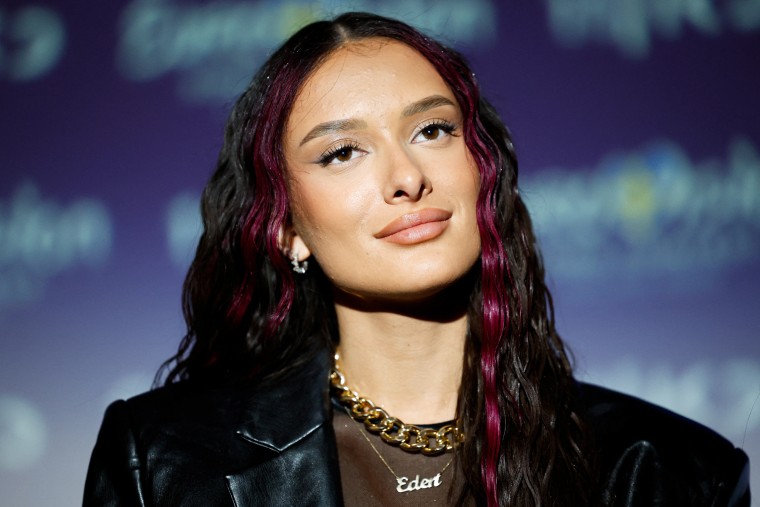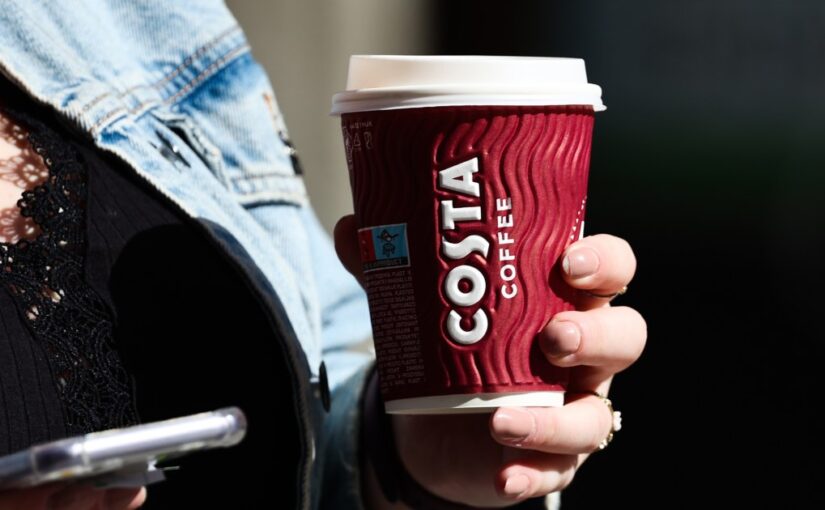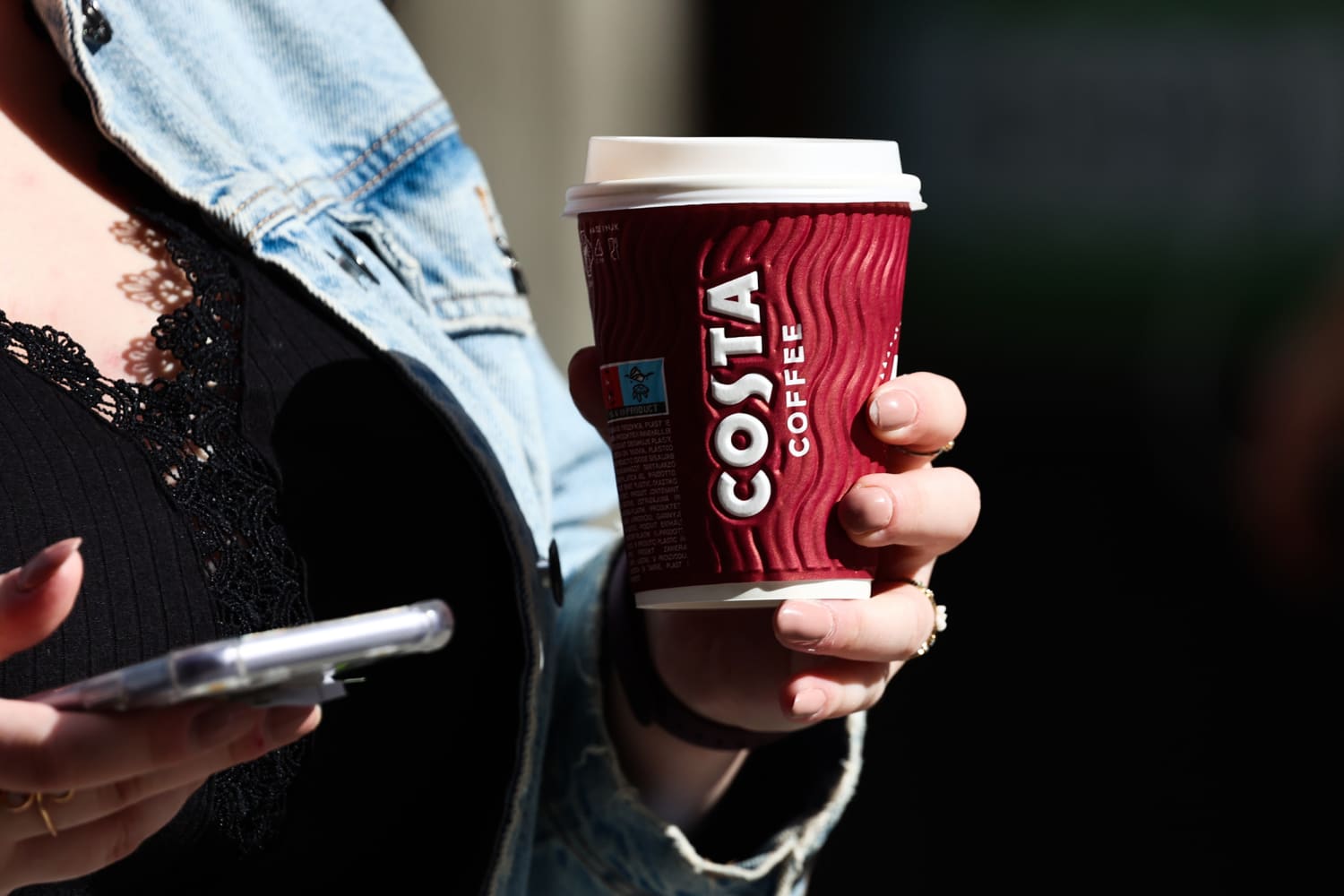
Following calls for him to withdraw from and boycott the 2024 Eurovision Song Contest over Israel’s inclusion amid the ongoing war in Gaza, Olly Alexander explained why he will still be participating in the annual competition on Friday (March 29).
In a statement posted to his Instagram, Alexander responded to activist group Queers for Palestine, who wrote the singer an open letter asking him to withdraw from the contest. “I wholeheartedly support action being taken to demand an immediate and permanent ceasefire in Gaza, the return of all hostages and the safety and security of all civilians in Palestine and Israel,” he wrote. “I know some people will choose to boycott this year’s Eurovision and I understand and respect their decision.”
More from Billboard
The “Dizzy” singer continued, saying that he took “a lot of time to deliberate” over the correct course of action, and decided that withdrawing from Eurovision “wouldn’t bring us any closer to our shared goal.” Alexander said he and a number of other contestants spoke and decided that “by taking part we can use our platform to come together and call for peace.”
In its original open letter, Queers for Palestine applauded Alexander’s “vision of queer joy and abundance you’ve offered through your music, and share your belief in collective liberation for all,” then asked him to “heed the Palestinian call to withdraw from Eurovision … There can be no party with a state committing apartheid and genocide.”
Alexander also shared a statement from a collective of other Eurovision participants — signed by himself, Ireland’s Bambie Thug, Norway’s Gåte, Portugal’s Iolanda, San Marino’s Megara, Switzerland’s Nemo, Denmark’s Saba, Lithuania’s Silvester Belt and Finland’s Windows95Man — saying that they “stand in solidarity with the oppressed and communicate our heartfelt wish for peace, an immediate and lasting ceasefire and the safe return of all hostages.” They added that they felt “it is our duty to create and uphold this space, with a strong hope that it will inspire greater compassion and empathy.”
Queers for Palestine later responded to Alexander’s decision, saying that while they “welcome” responses from both the singer and his fellow contestants, they found both statements lacking. “When [Alexander et al] use that voice to downplay the genocide in Gaza by vaguely calling it a mere ‘situation,’ they misuse their power. When they choose to ignore the call for a boycott issued by the largest Palestinian coalition, in historic Palestine and in exile, they risk condescending to the people who are being occupied and massacred and are asking for our solidarity.”
This is not Alexander’s first time sharing his thoughts on the ongoing war in Gaza. Shortly before he was announced as a participant in Eurovision 2024, the singer signed an October 2023 open letter from LGBTQ activist group Voices4 London calling for a ceasefire in Gaza and calling out Israel as an “apartheid regime.” After Alexander was announced as the U.K.’s representative for the annual contest, a source for the Conservative Party spoke to The Daily Telegraph to criticize the BBC for choosing the singer as a representative for the U.K., calling the decision “either a massive oversight or sheer brass neck from the BBC.”
Read both of Olly Alexander’s full statements below:
Best of Billboard






